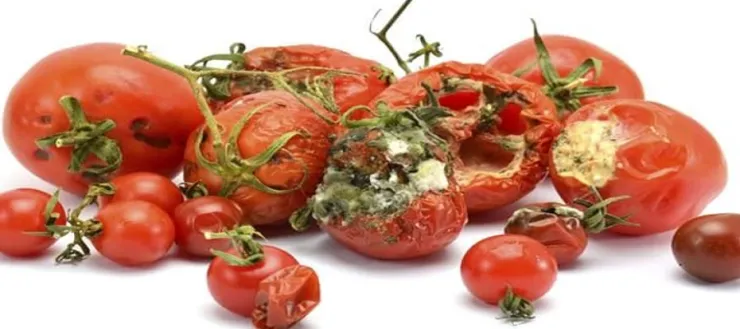Rewane cautions on tomato ‘Ebola’ outbreak, says it will spark price surge

Renowned economist Bismarck Rewane, has warned that the recent outbreak of the tomato leaf miner, commonly referred to as “Tomato Ebola,” is a disruption to Nigeria’s agriculture value chain.
Speaking on Channels Television’s Business Morning programme on Thursday, Rewane emphasized that the impact of the outbreak extends far beyond tomatoes, triggering a cost ripple effect across the broader food basket.
According to the chief executive officer of the Financial Derivatives Company, “The effect of an increase in the price of tomatoes leads to cost elasticity which means that the price of other substitutes will begin to increase, including the price of carrots, the price of tomato paste, price of tomato puree and other things.
“One for the reddening, two for the effect and the thickening on the sauce you’re making.
“However, because tomato is a perishable commodity, it also means that if there is tomato ebola, then the price has increased, and also the supply has reduced, it has a knock-on effect on so many other things,” Rewane explained.
He added that Nigeria’s lack of food storage and preventive mechanisms has worsened the crisis, causing severe supply chain disruptions.
Rewane’s comments come amid a sharp increase in the price of tomatoes, with a 50-kilogramme basket of the commodity which used to sell for N5,000, now selling for N10,000 to N30,000, thereby compounding food inflation and straining household budget.
The Federal Government said Nigeria has so far lost over N1.3 billion to the outbreak of the invasive pest in key tomato-producing states like Kano, Katsina, and Kaduna.
The Minister of Agriculture and Food Security, Abubakar Kyari, explained that the outbreak has significantly disrupted tomato supply chains, causing a surge in prices.
He noted that the outbreak of tomato Ebola highlights the fragile nature of Nigeria’s horticultural systems, and that the invasive pest can destroy tomato crops within 48 hours, resulting in catastrophic yield losses.
He added that this crisis highlights the urgent need for integrated pest management strategies, investment in resilient crop varieties, and enhanced support for farmers to safeguard the country’s food supply chains.



